This week started strong with news that, on the one hand, John Hopfield and Geoffrey Hinton were awarded the Nobel Prize in physics for their groundbreaking work in neural networks which helped usher in all sorts of advancements in machine learning. On the other hand, Demis Hassabis and John Jumper jointly shared half the Nobel Prize in chemistry with David Baker for their work on AlphaFold, which, in its third iteration, has remarkably predicted the structures and interactions of all known biomolecules with great accuracy.

Perhaps coincidentally, Basecamp Research, a company working on building the world's largest biodiscovery database, closed a successful $60 million Series B funding round led by Singular this week. Among several other fascinating applications of its proprietary knowledge graph, Basecamp Research has looked into supplementing AlphaFold 2 with sequences from its database to enhance prediction and docking performance accuracy. Basecamp Research is also notable for holding mutually beneficial access and benefit-sharing partnerships that compensate local communities and landowners for the genetic data extracted from their resources.
Several other startups announced their corresponding funding rounds during the week.
- Berlin-based forward earth secured €4.5 million from Mosaic Ventures and other investors to enhance its carbon management solutions platform.
- Scope3, a leader in media and advertisement decarbonization solutions, has set its sights on the environmental impact of AI. In addition to releasing an open methodology for measuring the carbon footprint and water use of generative AI, Scope3 raised $25 million in a funding round led by GV.
- Qantev, a platform assisting insurers to automate claims management, closed a €30 million funding round led by Blossom Capital with participation from Elaia, Omnes, and RAISE Venture.
- Numeric, an AI-powered accounting platform, has raised $28 million in a Series A round to develop its solution that integrates with existing financial systems and uses AI to streamline accounting workflows.
Another prominent topic this week involves consumer and enterprise AI PCs. As some AI applications (partially) move away from data centers and into personal devices to address convenience, privacy, and other concerns, leading hardware makers Intel and AMD are rushing to capture the market. AMD held the Advancing AI 2024 event, where it unveiled the next generation of its hardware solutions tailored for the AI era, including the AMD EPYC 9005 Series processors, AMD Instinct MI325X accelerators, the AMD Pensando Salina DPU and the AMD Pensando Pollara 400 NIC. The company also announced the AMD Ryzen AI PRO 300 series processors, designed for enterprise-grade AI PCs, and, according to the company, deserving of the title of "the world’s most advanced commercial processors."
In parallel, Intel launched its Intel Core Ultra 200S processor family, with the top-of-the-line Core Ultra 9 processor 285K featuring 8 Lion Cove performance cores (P-cores) 16 Skymont efficiency cores (E-cores), and 4 built-in Xe GPU cores to boost resource-heavy gaming or context creation workloads. All Core Ultra 200S processors feature a 13 TOPS NPU to offload AI workloads.
Other notable headlines this week include:
The open-source Pyramid Flow model demonstrates a new approach to video generation: Pyramid Flow leverages pyramid flow matching, a novel video generation algorithm, to improve training efficiency and reduce computational demands without significantly impacting output quality. Pyramid Flow is available on GitHub and Hugging Face under an MIT License.
A boat sailing leisurely along the Seine River with the Eiffel Tower in background, black and white
Meta AI roll-out will bring the assistant to 21 new markets including Brazil and the UK: Meta is expanding its Meta AI assistant to 21 new countries as part of its plan to make it the world's most-used AI assistant by the end of the year. The company also announced the availability of Meta AI on Ray-Ban Meta glasses in Australia and the UK.
Amazon is making shopping decisions easier with AI-powered Shopping Guides: Amazon recently launched AI Shopping Guides, a generative AI-powered feature to streamline product research by providing consolidated information and tailored recommendations for over 100 product types on its U.S. app and mobile website.

Amazon's new AI technology streamlines deliveries by spotting packages for drivers: Amazon is implementing Vision-Assisted Package Retrieval (VAPR), an AI-powered technology that uses computer vision to streamline package identification and retrieval. Amazon aims to deploy VAPR in 1,000 electric vehicles by early 2025 to reduce driver effort and delivery time.
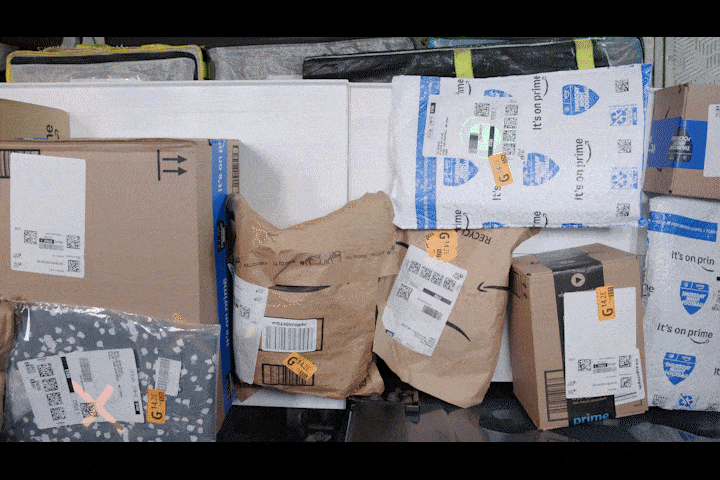
Atlassian announced that Rovo AI is now available to all customers: Atlassian has launched Rovo AI, a suite of AI-powered productivity tools including Rovo Search, Rovo Chat, and Rovo Agents, while also introducing new AI features across its platform, including enhancements to Jira and Loom.
Hearst partners with OpenAI to bring newspaper and magazine content to ChatGPT: OpenAI and Hearst have confirmed an agreement to give OpenAI access to Hearst's archive of US-based newspapers and magazine editions, including the San Francisco Chronicle, Cosmopolitan, and Runner's World.
TikTok fires hundreds of employees as it continues to favor AI-powered moderation: TikTok is laying off hundreds of employees, mainly in Malaysia, as it shifts towards AI-driven content moderation. It plans to invest $2 billion in trust and safety efforts in 2024 while claiming it already removes 80% of violative content through automated technologies.
Instagram is pinning human reviewers as responsible for its recent moderation issues: Instagram has attributed recent moderation issues to human error and broken tools rather than AI. However, the platform acknowledges that not all problems are fully explained by human error and continues to investigate various user-reported issues affecting account access and engagement.

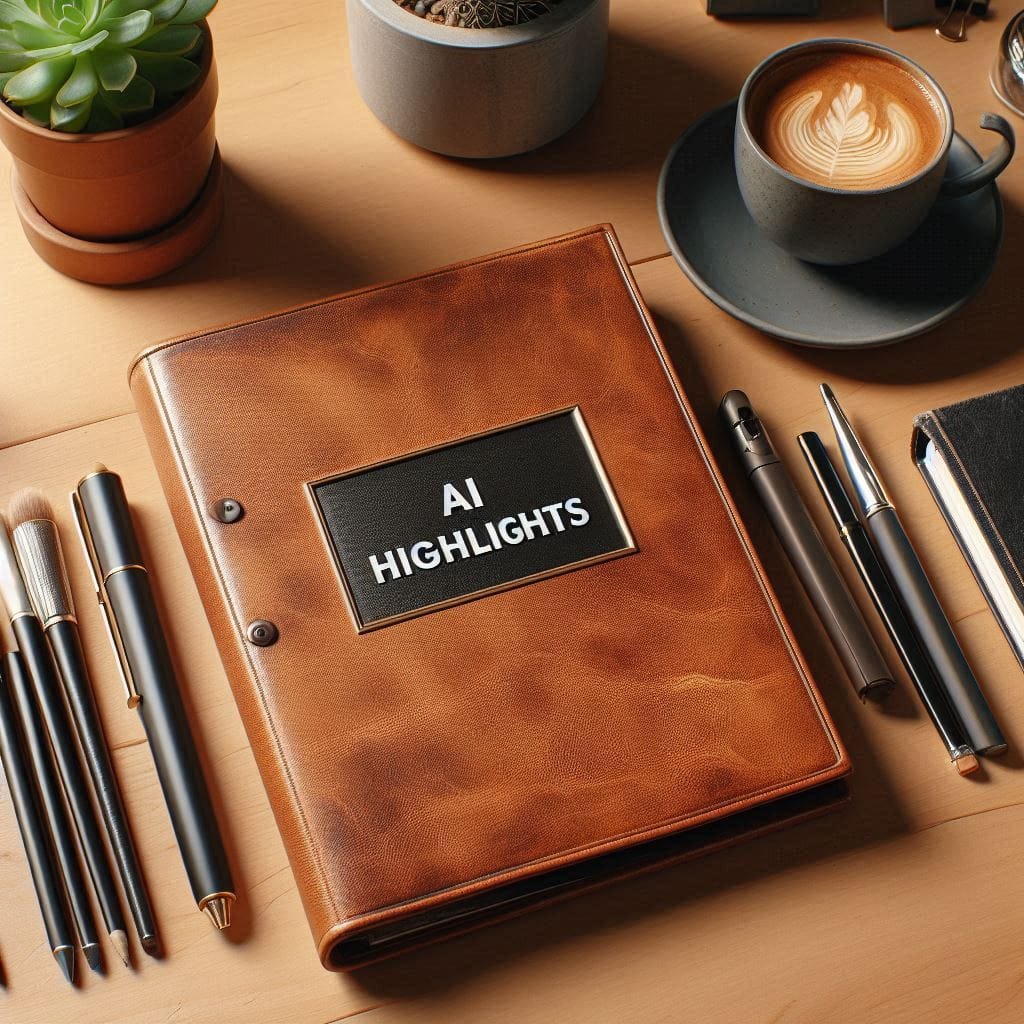
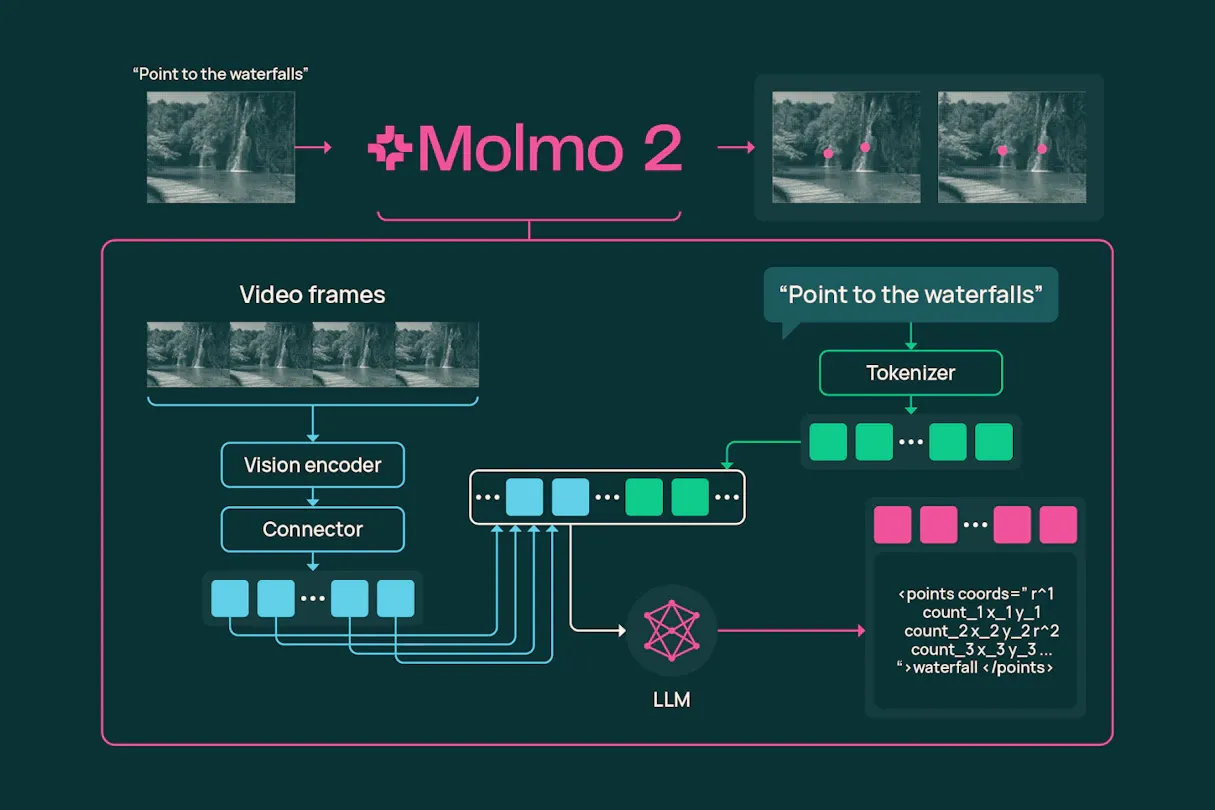
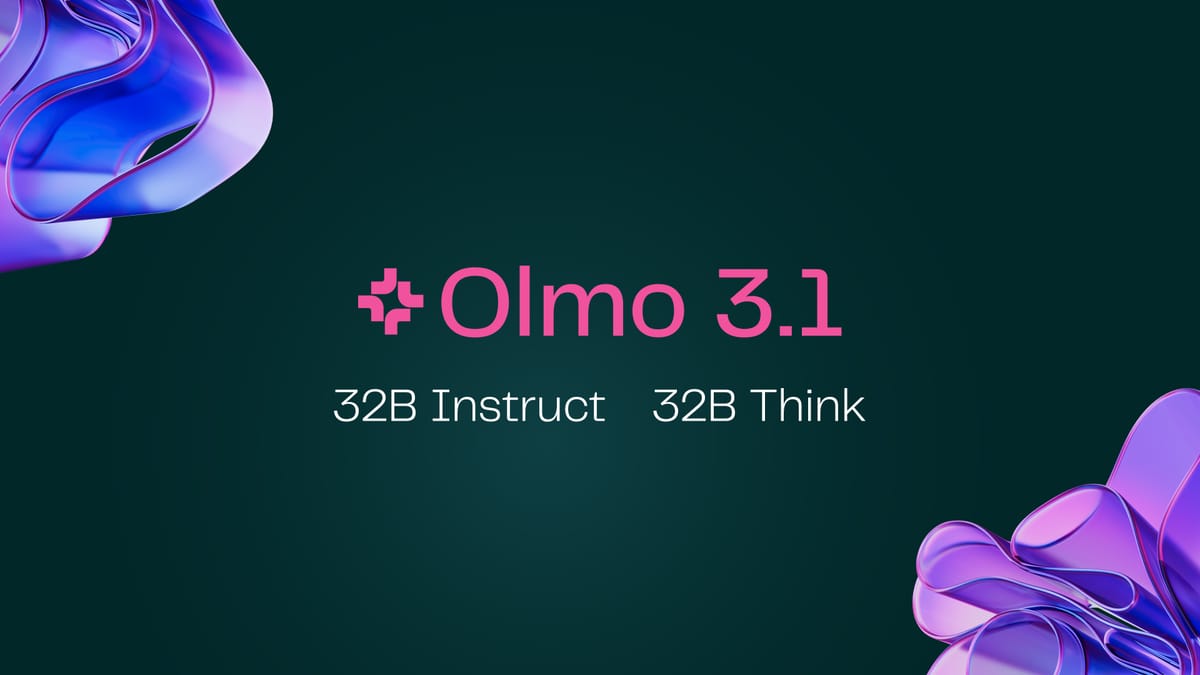
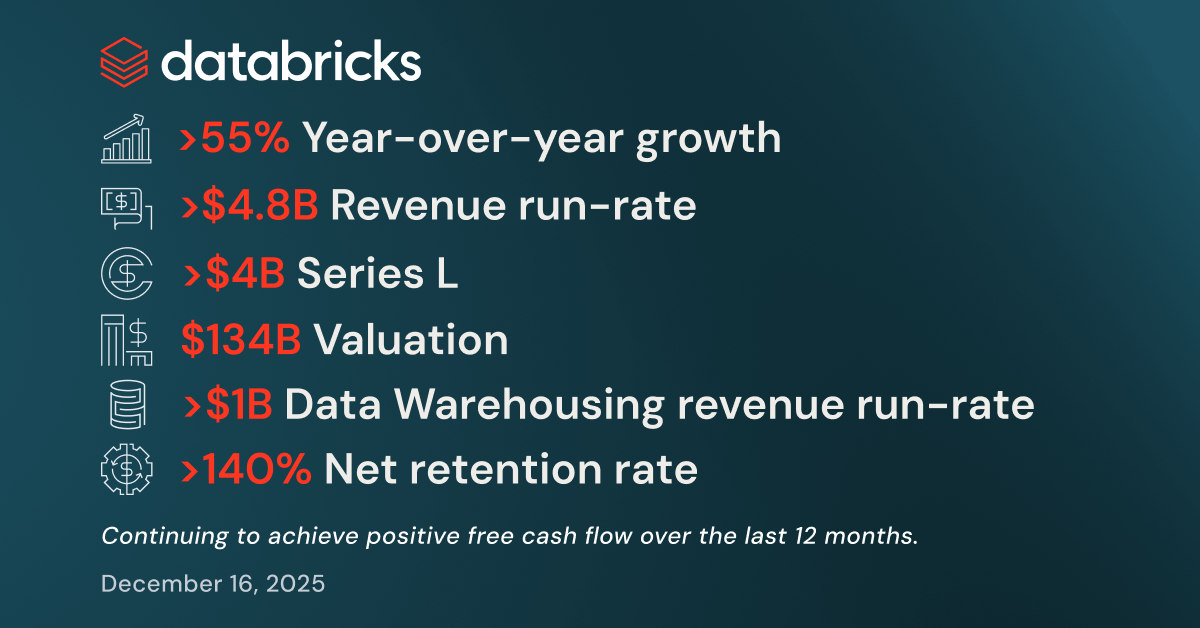
Comments